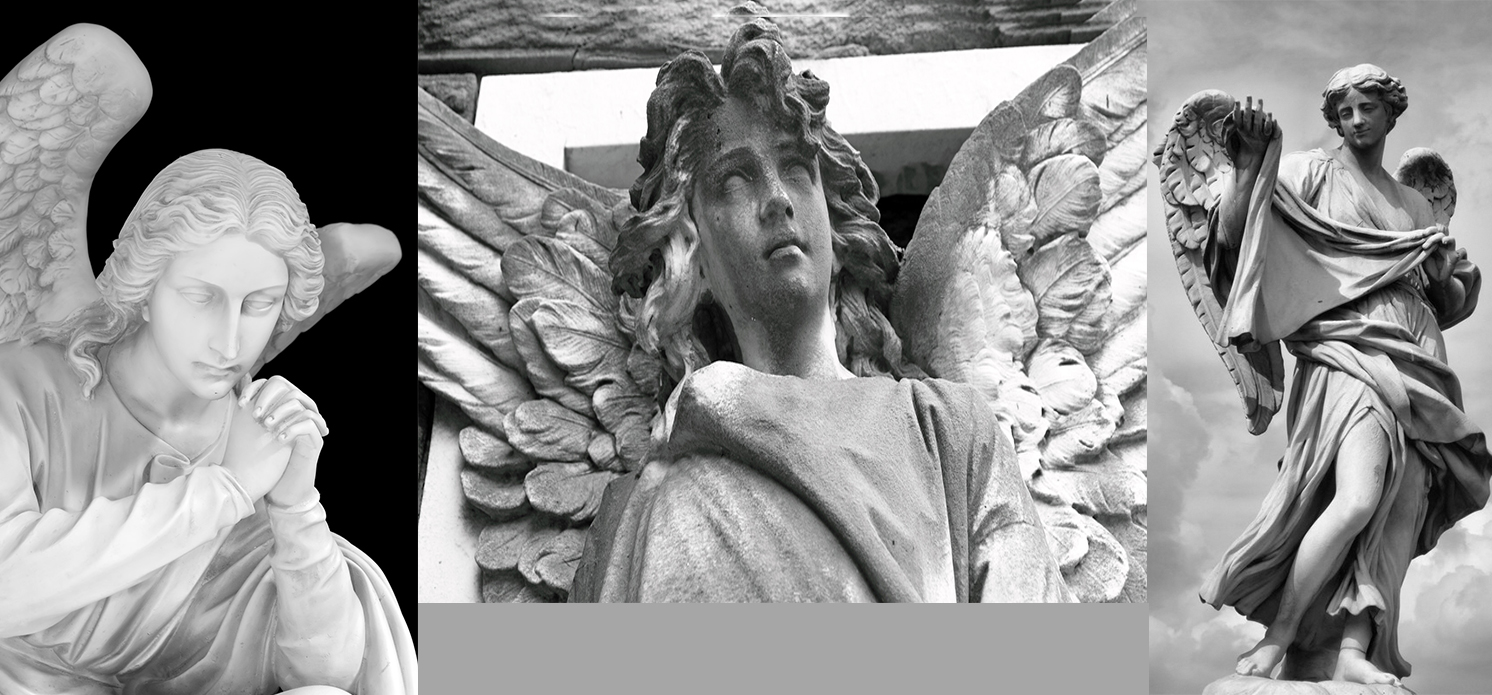
Better Than The Angels
Following the first three verses of Hebrews, which arguably contain the greatest description in all of Scripture of the glorious Messiah, the writer of Hebrews makes a statement that for many Bible readers may, at first, seem strange. The writer states Jesus of Nazareth is greater than the angels (Hebrews 1:4).
For most believers today, this was never in doubt. So, the question is, ‘Why does the writer make so much of the fact that Jesus was better than the angels?’
The answer is, these readers were Jews to whom such a statement would carry much weight. Why? Obviously, the Hebrews to whom he writes held angels in great esteem and veneration. For example, Jewish tradition teaches that God consulted with angels in creating man (let us). But by far, the greatest example of Jewish veneration of the angels can be seen in the giving of the Law. Scripture is clear that the Law was given through the mediation of angels: “The LORD came from Sinai and dawned over them from Seir; he shone forth from Mount Paran. He came with myriads of holy ones from the south, from his mountain slopes” (Psalm 68) Paul said the “law was put into effect through angels by a mediator” (Galatians 3:19). Stephen also said, “you who have received the law that was put into effect through angels but have not obeyed it” (Acts 7:53).
In all of this the writer is answering an objection being raised; that the Law was instituted by greater glory than the coming of the Messiah. Since the angels themselves were involved with the institution of that covenant, it would seem, at first glance, the angels have greater glory than the Son. But the writer answers that objection by quoting seven Old Testament passages, each designed to prove that Messiah is so much superior to the angelic world.
But when we look more closely at the seven quotes, we find that some don’t seem to pertain to the Messiah at all. Some certainly do, as is the case with the author quoting Psalm 110, the most often quoted Psalm in the New Testament: “Sit at my right hand until I make your enemies a footstool for your feet.” But some seem to have no relation at all to the Messiah. Take, for example, Hebrews 1:10-12:
“And, You, Lord, laid the foundation of the earth in the beginning,
and the heavens are the work of your hands;
they will perish, but you remain; they will all wear out like a garment,
like a robe you will roll them up, like a garment they will be changed.
But you are the same, and your years will have no end.”
These verses seem to be addressed to God the Father, the Creator of the heavens and the earth rather than to the Messiah. How can the writer of Hebrews quote that as evidence that the Messiah is superior to any angelic being?
Rather than looking at each of the quotes in question, it will be helpful to examine how the New Testament apostles interpreted the Old Testament prophets. Some of their prophetic utterances were, without doubt, predictive in nature, such as when Matthew quotes the prophecy of Micah predicting the birthplace of Messiah at Bethlehem (Matthew 2:1-6). In this sense, we can say that Jesus fulfilled what was spoken by the prophet. But there are also other passages they quote where it is not so much that Messiah fulfilled a certain prediction, as much as he filled full something in Israel’s history. An example of that can be seen in how Matthew quotes Jeremiah’s prophecy in Matthew 2:17-18 of Rachel weeping for her children. The context in Jeremiah demonstrates clearly that he is describing the carrying away of Judah during the Babylonian Captivity. How then can Matthew quote it as being fulfilled at the slaughter of the Bethlehem’s Infants? Because Matthew is saying that this event is now “filled-full” in the light of the Messiah. That is, in the events surrounding the Messiah, the real meaning of this period in Israelite history can be understood.
The simplest way to say it is Messiah is the key that unlocks all of Scripture! We can see this demonstrated in the Upper Room when the risen Lord took the eleven through each division of the Hebrew Bible (Law, Prophets, Psalms) and “opened their minds to understand the Scriptures” (Luke 24:45). That didn’t mean that he familiarized them with Holy Scripture—as Jews they were thoroughly immersed in Holy Scripture from birth. Rather, it means that he showed them how He was now the interpretive key to all they had known in Holy Scripture. He not only fulfilled certain predictions made by the Holy Prophets hundreds of years before his birth, He filled full all of its history so that He now gives new meaning to all that was written.
But getting back to the whole of this section, the writer’s intent in these passages is to demonstrate that Messiah, in every way, is superior to the angelic world. This is, as we have already seen, important teaching for his Jewish readers, but it carries relevance today as well in that some of cults hold that Jesus of Nazareth is equal to other angelic beings such as Michael or Gabriel. By quoting the Old Testament seven times, the writer not only proves that Jesus of Nazareth is superior to the angels, he also sounds out a prevalent theme in this letter: that He is superior to the Old Covenant since it was mediated to Israel by means of angels.




0 Comments